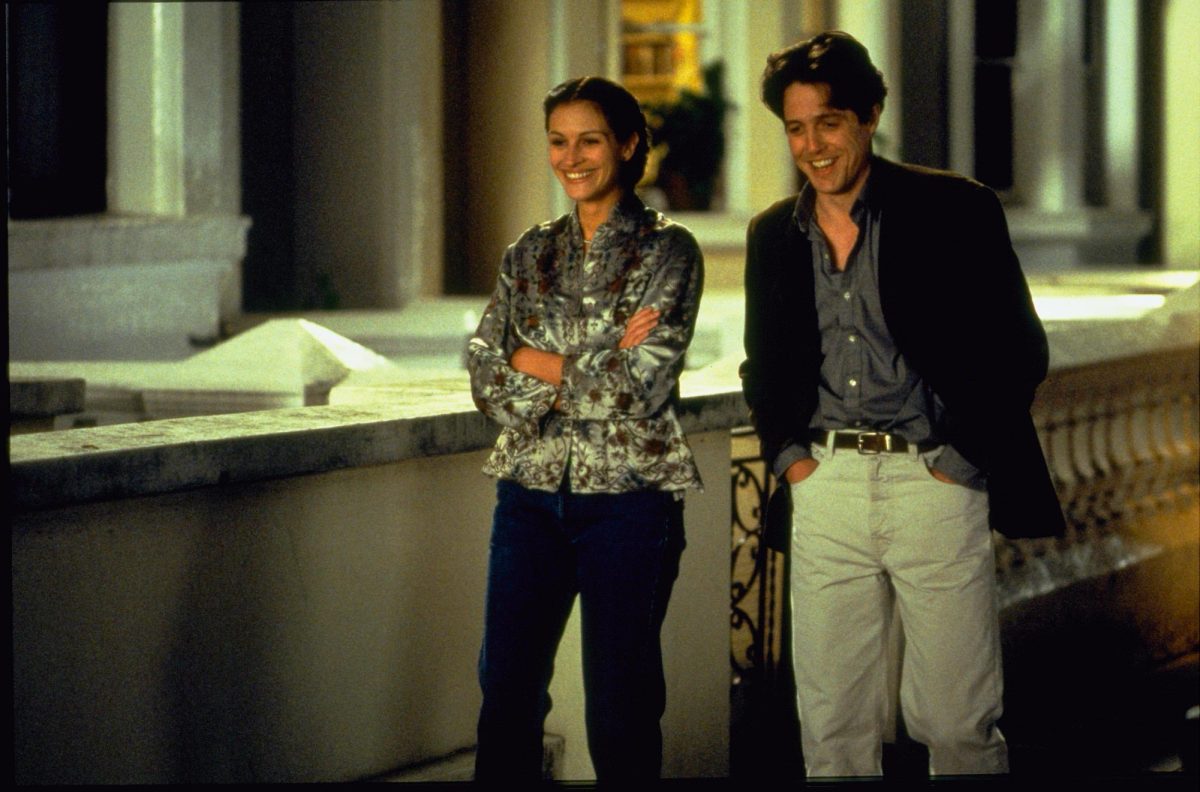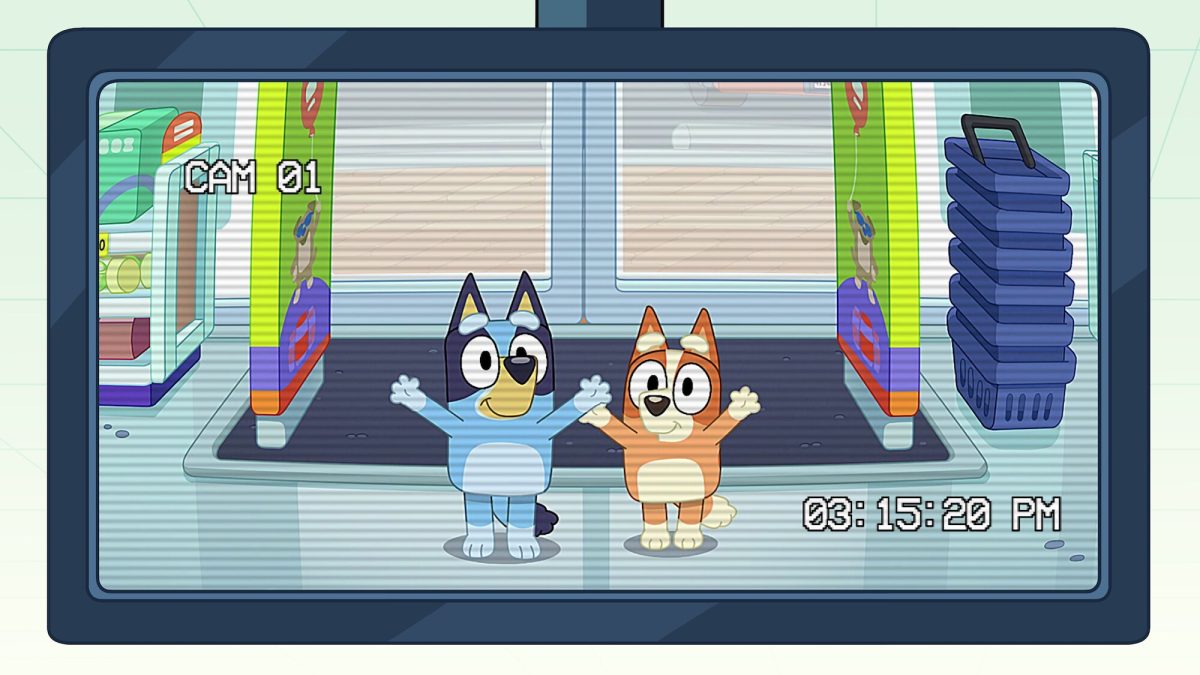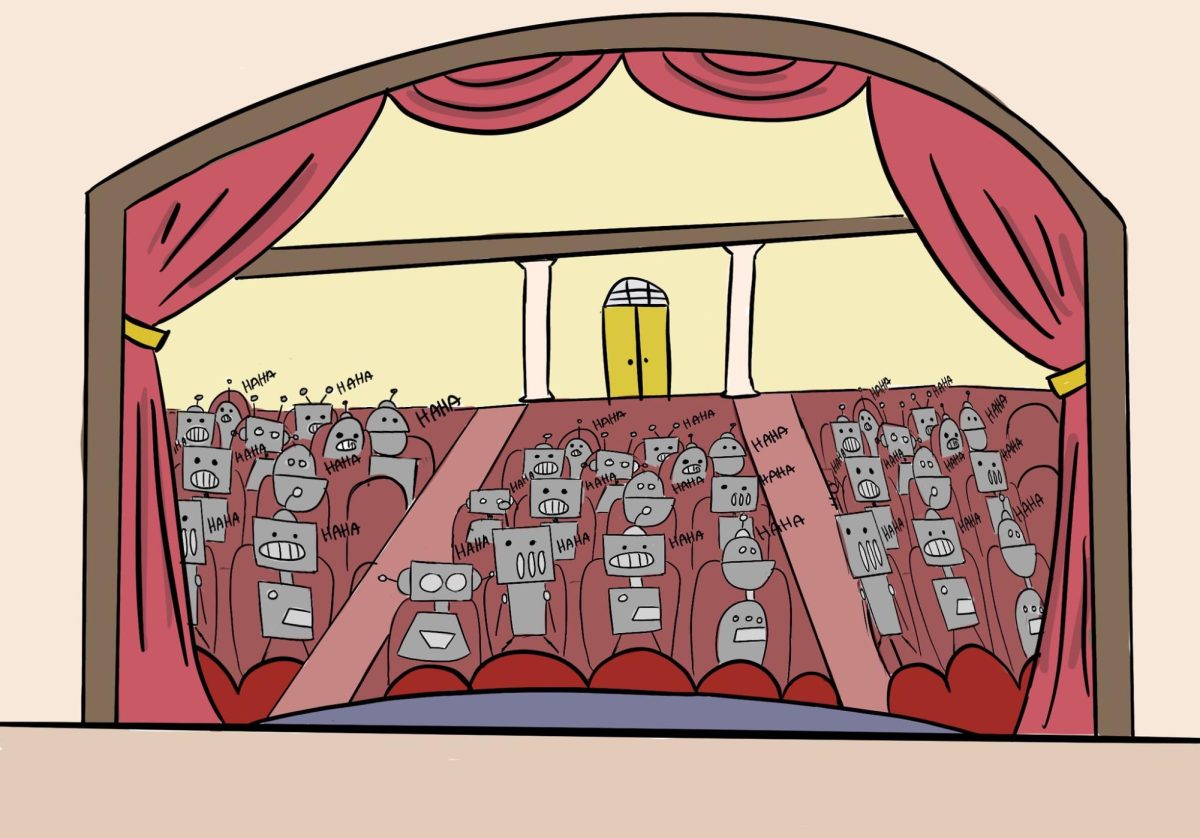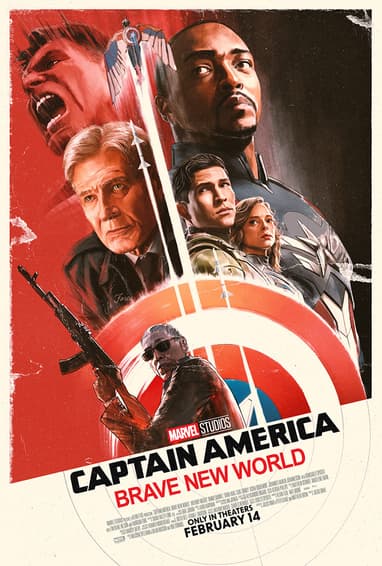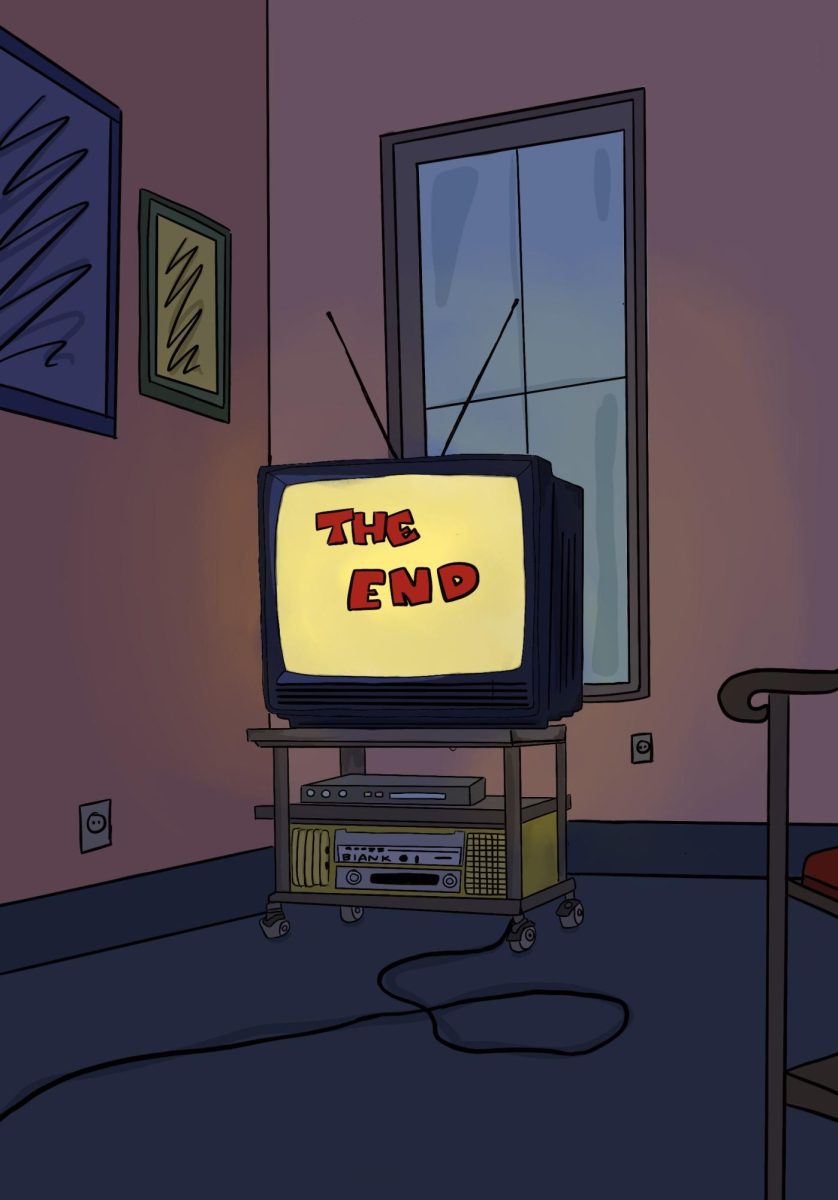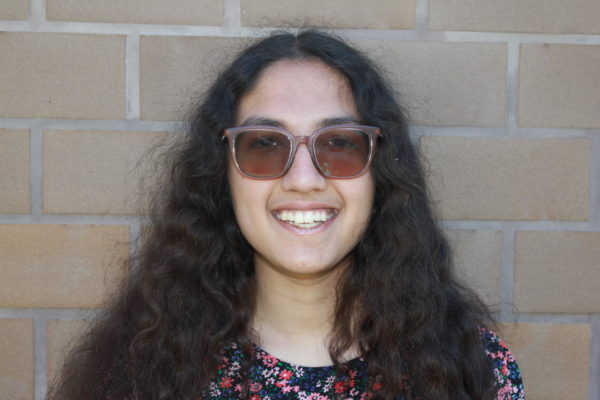Dear reader,
After a long day of school, activities, working out and other productive ventures, there’s only one tradition that I hold onto, time and time again. After preparing a late-night snack, I sit on the sofa and tuck myself into the warmth of a cozy blanket, turning on “Love, Actually,” “Notting Hill” or some other ‘90s rom-com to watch for the fifth time.
There’s something comforting about the seemingly-innocent interactions between the main characters and the clichéd moments, like when the male lead wraps his jacket around the female lead or when they engage in playful flirty banter. These moments all culminate into the climax: he leans in, as their eyes share an interlocked gaze. They kiss.
Usually, these are the moments of the show that I look forward to the most (or conversely, if I’m rooting for the second lead, look forward to the least). But while I gush over these cute moments, sometimes a cynical whisper can’t help but take over. As much as I romanticize these movies and shows, blushing during the hushed whispers of characters in love, my real-life view of love is much more pessimistic.
In the culture that I’ve been brought up in – ironically the land of romantic Bollywood classics like “Dilwale Dulhania Le Jayenge” and “Jab We Met” – love was meant to be practical. Marriage wasn’t seen as an act of pure affection and attraction. Instead, it was a means to an end. After all, in a 2018 survey conducted by BBC, 93% of married Indian couples said that their marriage was arranged.
These were the stories that I’d heard from family as a child — that love could be cultivated out of nothing and families could grow out of this practicality. It wasn’t until I connected the dots of the Disney princess movies and young adult novels that I realized that not everyone shared my pragmatism. It didn’t make sense to me why Riley from “Girl Meets World” was having her first date in sixth grade when there was absolutely no rationale for her to do so, except for her feeling of a crush. To me, teenage romance had no rhyme or reason for existing.
As I grew older, I found myself feeling more and more captivated by these romantic comedies and romance novels (anyone remember the “To All the Boys I’ve Ever Loved” series?). It didn’t necessarily come from a place of yearning, but rather escapism. I think there’s some familiarity with the idea of having neatly-tied romances that have wholesome, life-affirming endings. These shows were such a departure from the typical logic of my day-to-day life and such a far cry from my own high school experiences, but it didn’t really matter.
I think the difference between my parents’ generation and mine can be summed up by our conceptions of romance. In India, love is built upon actions and trust, qualities that can be developed over time. Instead of romantic or sexual attraction, the keystone of these relationships is attachment that is cultivated through depending on one another and feeling supported by a partner. Therefore, matchmaking isn’t usually just based on the preferences of the individual, but based on their parents, caste and religion.
But part of me can see the value of prioritizing pragmatism over romance. Even with the high percentage of arranged marriages, according to a survey conducted by Ipsos, 53% of respondents from India considered their relationship with their partner to be their greatest source of happiness. Many of the relationships in my family in India are warm and supportive, regardless of the origins of these relations.
For now, I’m nowhere close to being in a relationship or having my first kiss, and sometimes I find myself in a limbo, wondering if I’ll continue my parents’ legacy of finding a partner logically through matchmaking or meet someone out of love. But I think watching some K-Dramas and romcoms may help me navigate all that.
Love,
Anaisha


